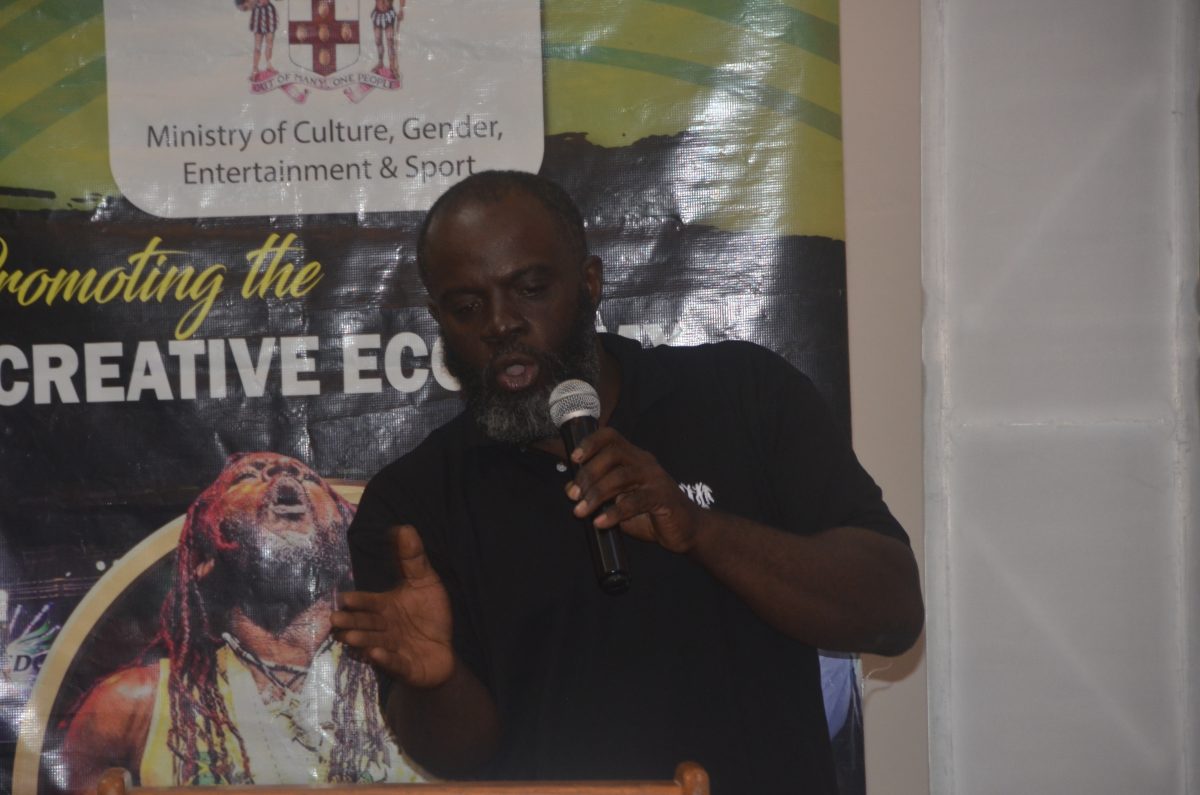Live Reggae In Decline In Negril Due To Artists’ Excessive Performance Fees, Says Morrison

The issue of some popular Roots Reggae artists charging Negril promoters exorbitant fees to perform at shows in the resort town, compared to other sections of Jamaica, was a huge bone of contention during the Negril Entertainment Association’s Conference on Saturday.
Artists charging local promoters what is commonly referred to as “tourist prices” was fingered as one of the key reasons for a decline over the last decade, in the number of live Reggae shows in Negril, which has the distinction of being Jamaica’s live music capital.
During his address at the conference, President of the NEA, Ryan Morrison, said that the excessive demands placed on Westmoreland promoters, who are based in Negril, has resulted in many visitors to the town being unable to enjoy a true Reggae experience, or see younger performers, “in the land of Reggae.”
“A lot of persons think that when you come to Negril, you just shake a tree and money drop,” Morrison said, evoking applause from the promoters in attendance.
“The other day we were trying to do a show with the Ministry and were asked to get three performers. I called Lila Iké and shi seh shi want J$1.5 million. I called Mortimer, he wants J$950,000. I called Jesse Royal and he wants US$16,000 (J$2.5 million), and I say to him, ‘yuh feel seh you can bring 1000 people in one venue’?” he added as the audience erupted in laughter.
He continued: “And that is why a lot of acts are not had in Negril, the cost… The next thing is hotel rooms. When we get people do a show dem want 16 four star, five star rooms…, I would say 60 percent of the events that are held in Negril are at a loss. Most promoters lose money keeping shows in Negril,” he added.
In October 2019, one of the pioneering musicians in Negril, Paul “Sly” Francis, had pinpointed excessive performance fees by Roots Reggae artists, as among the reasons the number of live Reggae shows declined significantly in Negril, a place where live Reggae shows were held seven nights per week all night till daylight.
Francis had said that if artists desist from charging promoters what he referred to as ‘tourist prices’, then the Negril music scene would return to its former glory.
“They (promoters) would really want to keep big shows, but they can’t do it, because the man dem have a style now from the Kingston side. From a man a come a Negril, the price weh him a charge fi come ya suh, there is no way the promoter can make back his money when police come lock it down certain hours when food no sell and the bar no sell,” Francis had told The Gleaner’s Hospitality Jamaica publication at the time.
“And it never used to be like that. It is one of the biggest breakdown because you have promoters who would like to do a nice show, but once the artists hear Negril, the price gets bigger. That alone will build back the thing if they could come down with the price,” he had added.
The bass player and sound engineer had explained that in the early 1980s, live Reggae had flourished due to the strong demand from hippies from the United States who camped on the rocks or in thatch cottages on the West End.
Sly had said that “all the big shows, with Daddy U-Roy, Big Yute, Marcia Griffiths, Roots Radics with Gregory Isaacs” used to be held in Negril, with the key hotspots being the Yacht Club, Kaiser’s Café, Sam Sara and an open-air venue known as Central which was frequented by artistes such as Jimmy Cliff, Yellowman and the House of Dread, Beres Hammond, Yami Bolo Sammy Dread, Louie Lepkie and Tenor Saw.
“Kaisers is where you could see artistes like Third World, Dennis Brown, Melody Makers and Judy Mowatt. Sam Sara on the West end started keeping some big shows. There you could see some big stars like Charlie Chaplain, Luciano, all the roots reggae artistes,” he had added.
